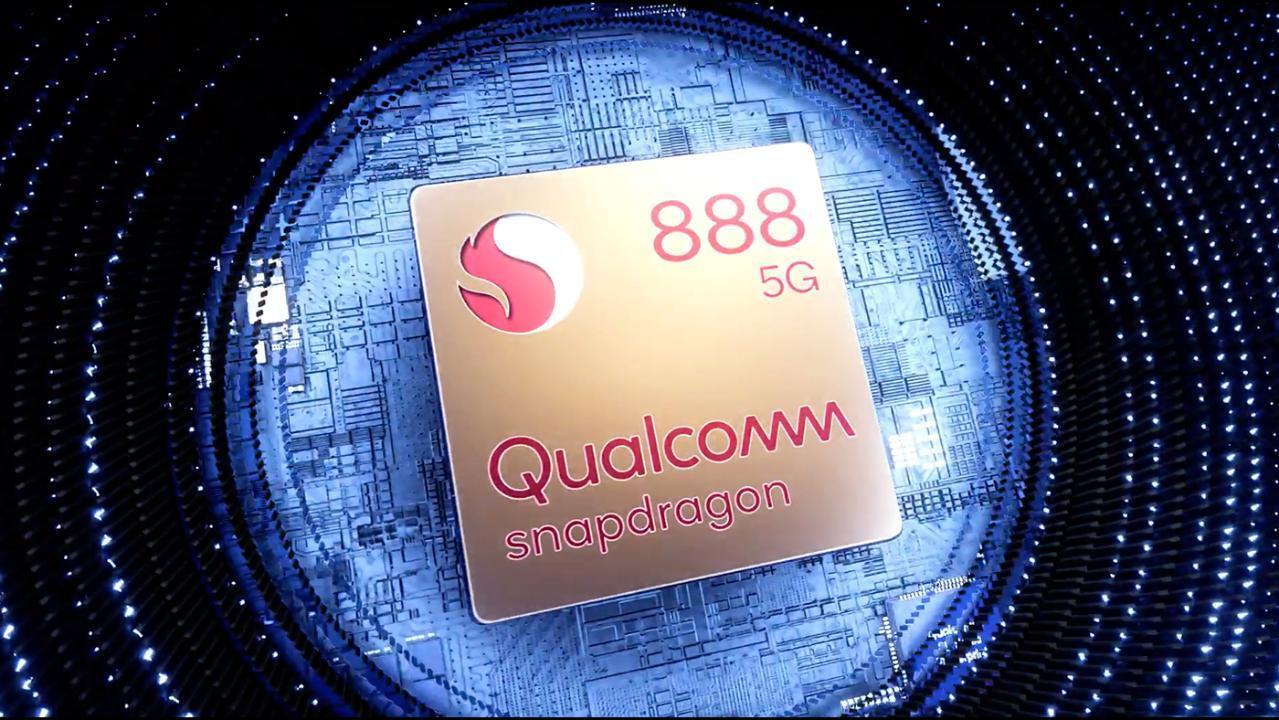Samsung plans on building a fab in the states to build cutting-edge chips

Samsung plans on making an investment of over $10 billion that will result in the construction of a factory to produce cutting-edge chips. Bloomberg says that Samsung is reportedly in discussions to build this factory in Austin, Texas. Samsung is looking to catch up with the world's leading contract foundry, Taiwan Semiconductor Manufacturing Co. (TSMC). The goal is to have chips produced using the 3nm process node. The smaller the process number (current cutting-edge chips are manufactured using the 5nm node), the larger the number of transistors that fit inside a square mm. This is called the transistor density; the larger the transistor density, the more powerful and energy-efficient a chip is.
Samsung plans on starting construction on the facility this year, equip the fab next year, and start operating the factory in 2023. TSMC is also planning to open a fab in the U.S. Expected to be located in Arizona, the plant could go online in 2024 churning out 5nm chips. By 2024 though, TSMC's main factory in Taiwan will be churning out 3nm components with 2nm not that far behind. Last month, Taiwan’s ministry of economic affairs gave the go ahead for TSMC to start the first phase of building the factory. The total cost of the facility is expected to be close to $12 billion.
Samsung hopes to start construction on a new U.S. fab sometime this year
Greg Roh, Senior Vice President at HMC Securities said, "If Samsung really wants to realize its goal to become the top chipmaker by 2030, it needs massive investment in the U.S. to catch up with TSMC. TSMC is likely to keep making progress in process nodes to 3nm at its Arizona plant and Samsung may do the same. One challenging task is to secure EUV equipment now, when Hynix and Micron are also seeking to purchase the machines. Samsung's facility will be the first in the U.S. to use EUV (extreme ultraviolet lithography). This technology is used to etch wafers with patterns that determine where transistors are placed inside a chip. Considering that Apple's A14 Bionic and M1 chips sport 11.8 billion and 16 billion transistors respectively, you can understand how thin these patterns need to be. And that is where EUV comes in.

The Snapdragon 888 which will power most high-end Android phones this year is being manufactured by Samsung
The South Korean manufacturer has a lofty goal; it wants to surpass TSMC and be the number one contract foundry in the world. These foundries take designs from chip designers like Apple, Qualcomm, MediaTek and others and manufacture these integrated circuits according to the plans they receive. In the lingo of the chip industry, those aforementioned companies are considered to be fabless.
Samsung is the global leading in shipping memory chips but trails TSMC in the more profitable business of delivering processors. For Samsung's own flagship Galaxy S21 series, the company is producing the Snapdragon 888 chipset used to power those phones in the U.S. market and the Exynos 2100 SoC used mostly elsewhere else. Both of these are manufactured using the 5nm node.
Samsung already purchased some land in Austin next to its current fab which can produce older processors only. According to research from Citibank, it also can't handle the volume of production that Samsung's new U.S. facility is likely to churn out for firms like Intel, Qualcomm, and Tesla. Citibank believes that Intel would prefer to turn to Samsung to outsource its chip needs instead of giving its business to TSMC.
To be sure, Samsung's goal of toppling TSMC at the top of the contract foundry industry is going to be tough. The latter doesn't mind spending money when it needs to. For example, TSMC is spending as much as $28 billion this year. While Samsung did spend $26 billion last year, most of that spending was for its memory business. Additionally, processors are harder to produce than memory chips.
While Samsung, in this day and age, could rely on a U.S. fab to sign deals with U.S. companies, it is unlikely to pick up Apple's business. Apple seems to be happy with TSMC and Apple might be loath to turn over its chip designs to its biggest rival in the smartphone market. Without Apple's business (it is TSMC's largest customer), Samsung will have a harder time leapfrogging over the foundry to become number one.
Follow us on Google News











Things that are NOT allowed:
To help keep our community safe and free from spam, we apply temporary limits to newly created accounts: